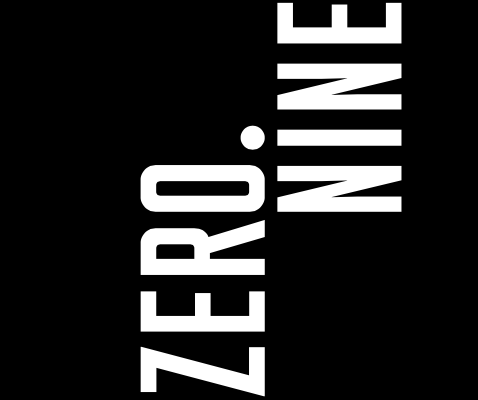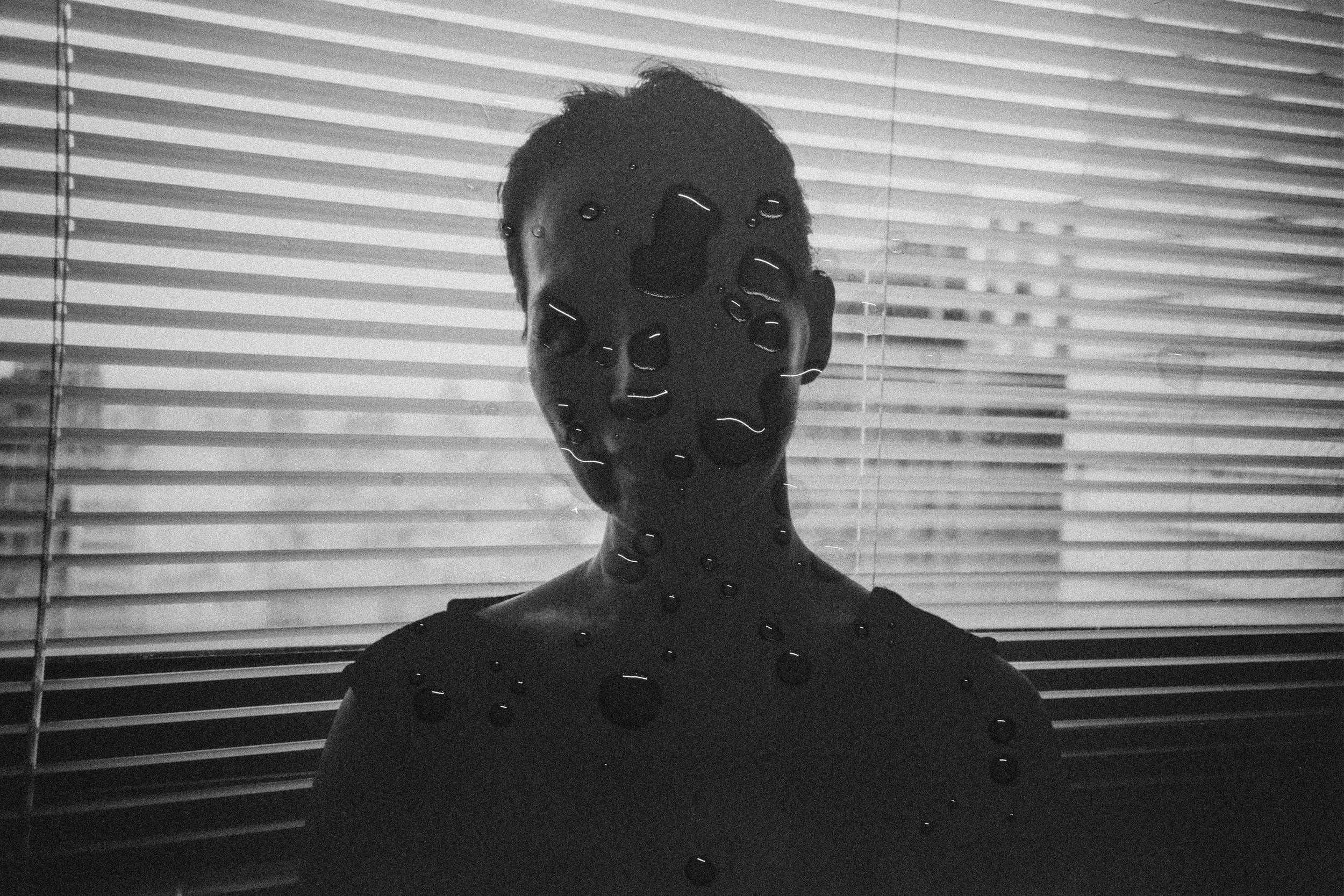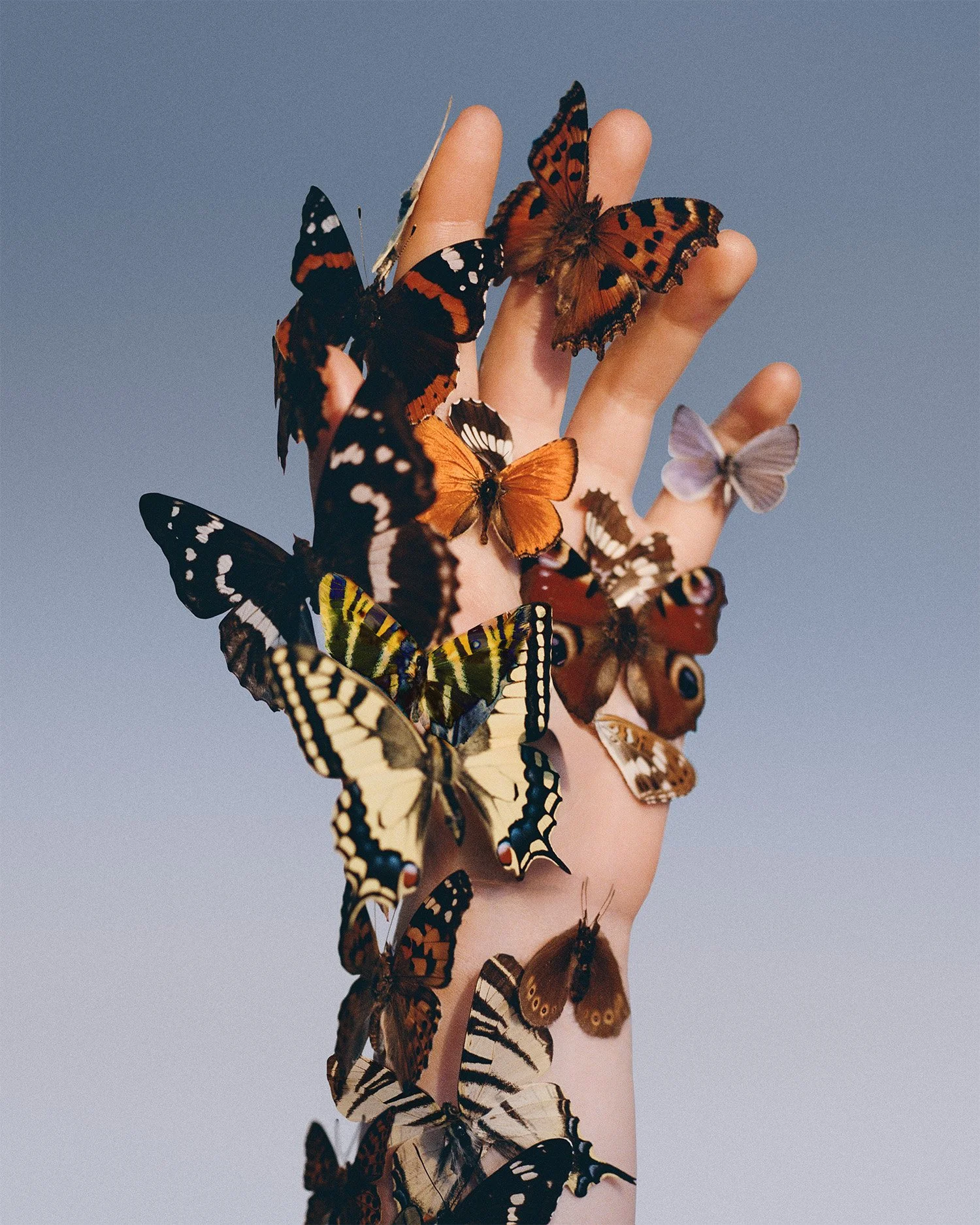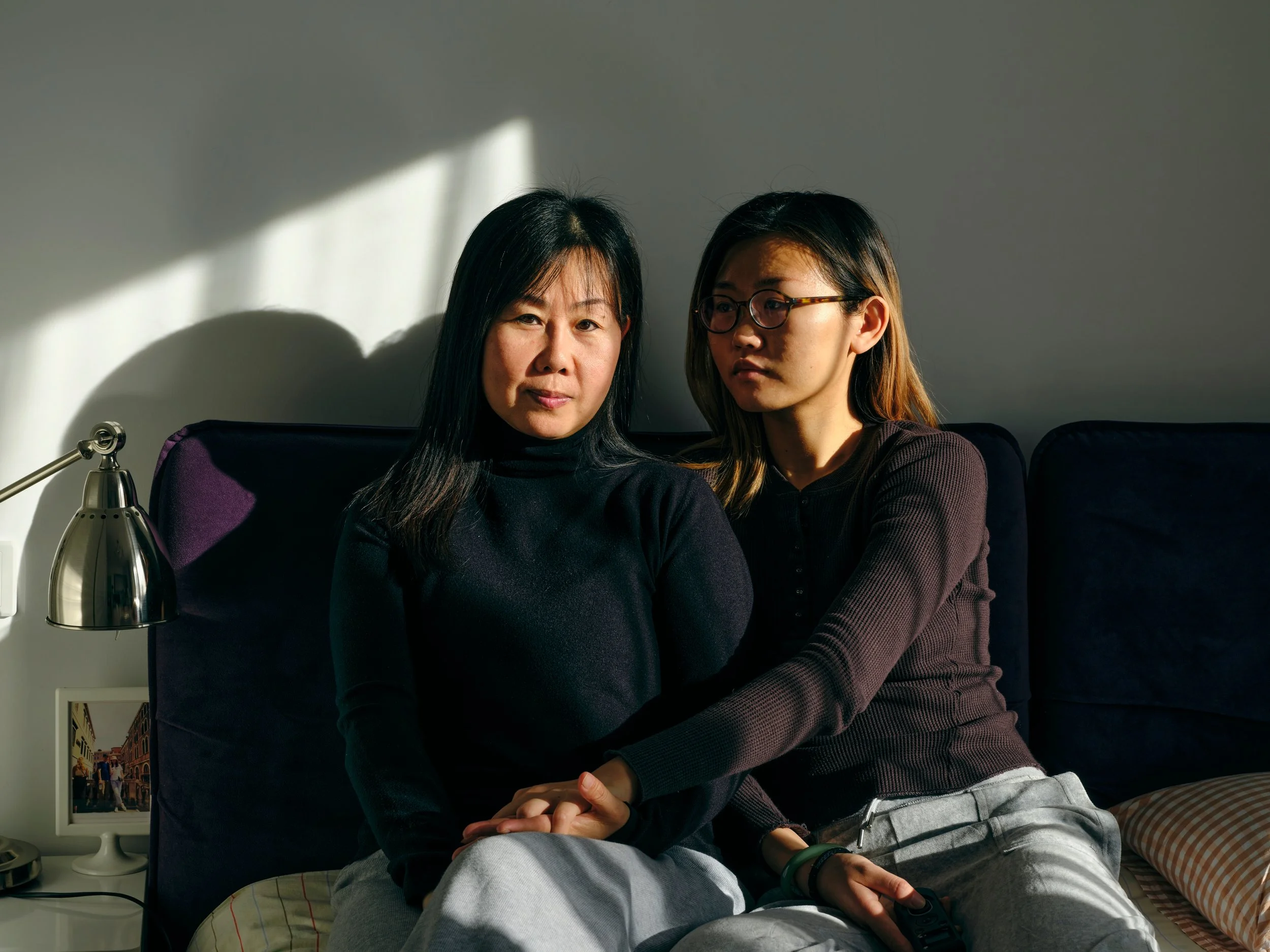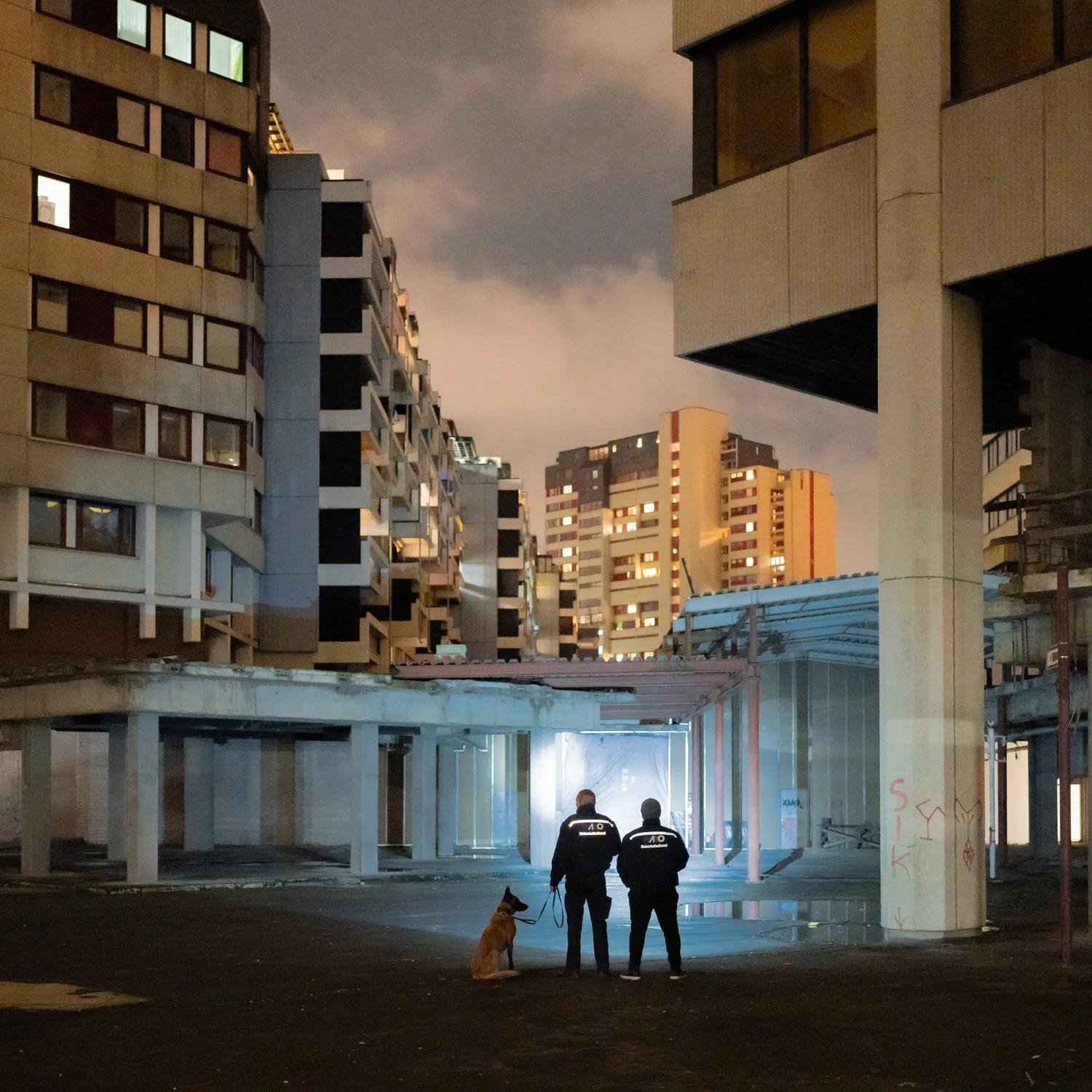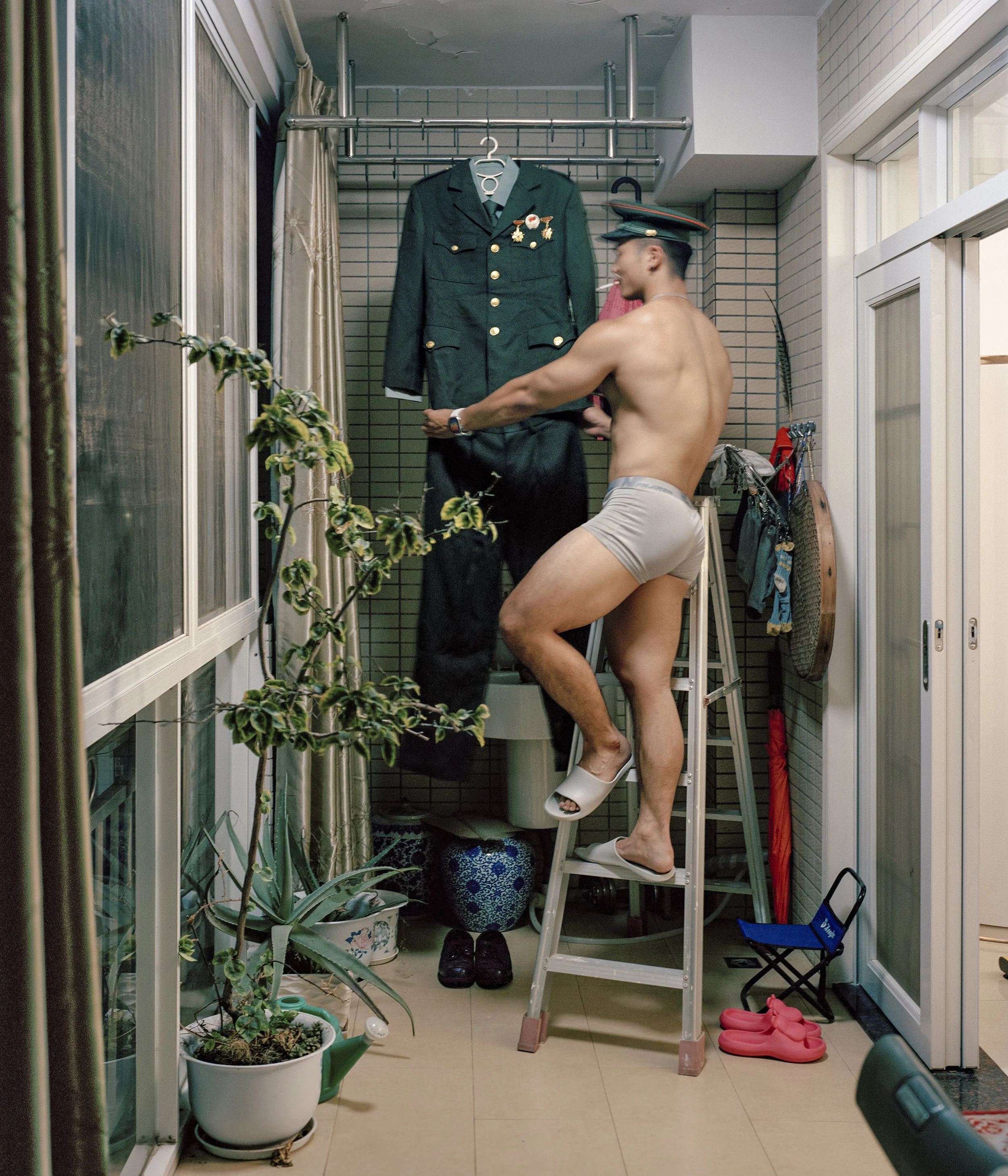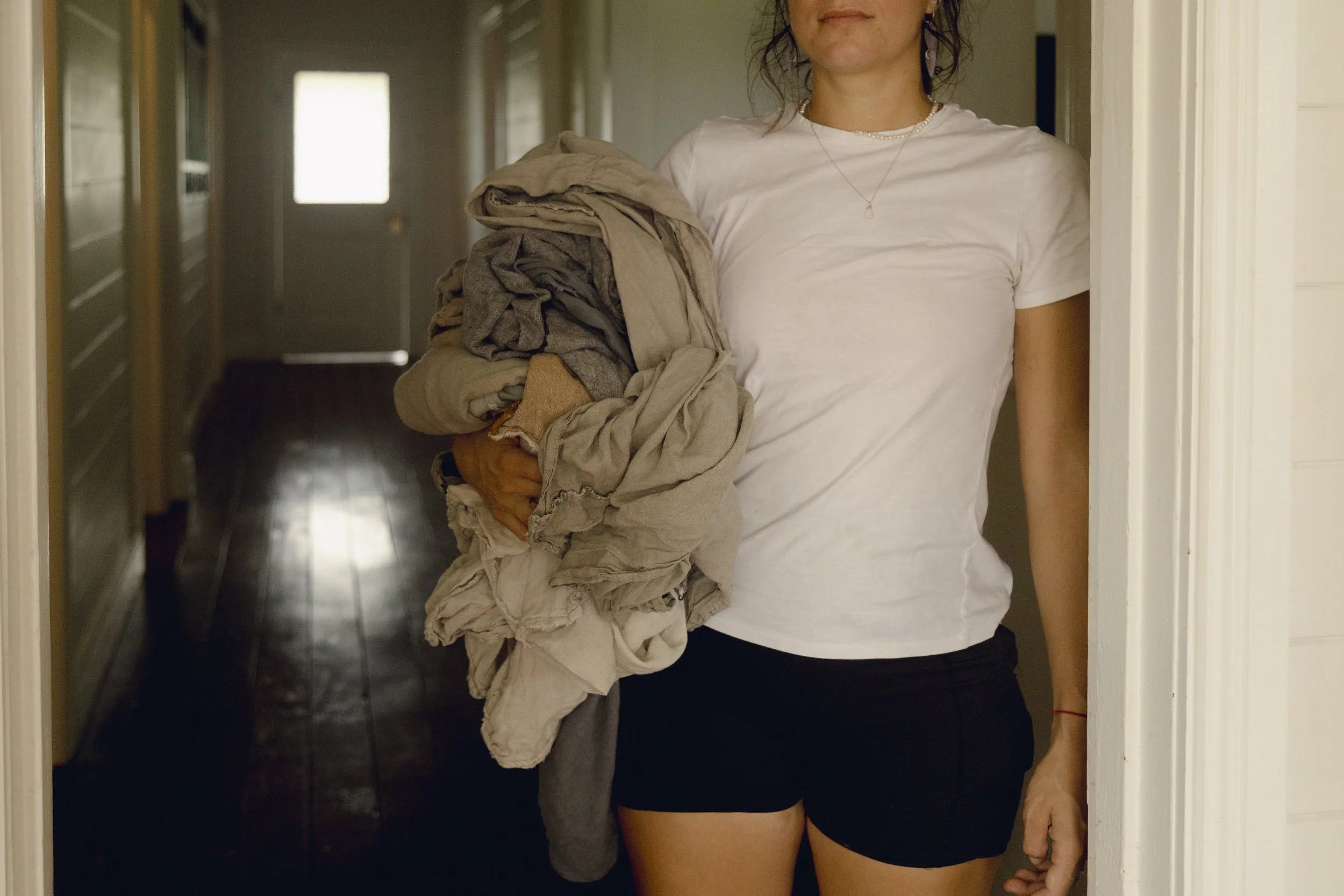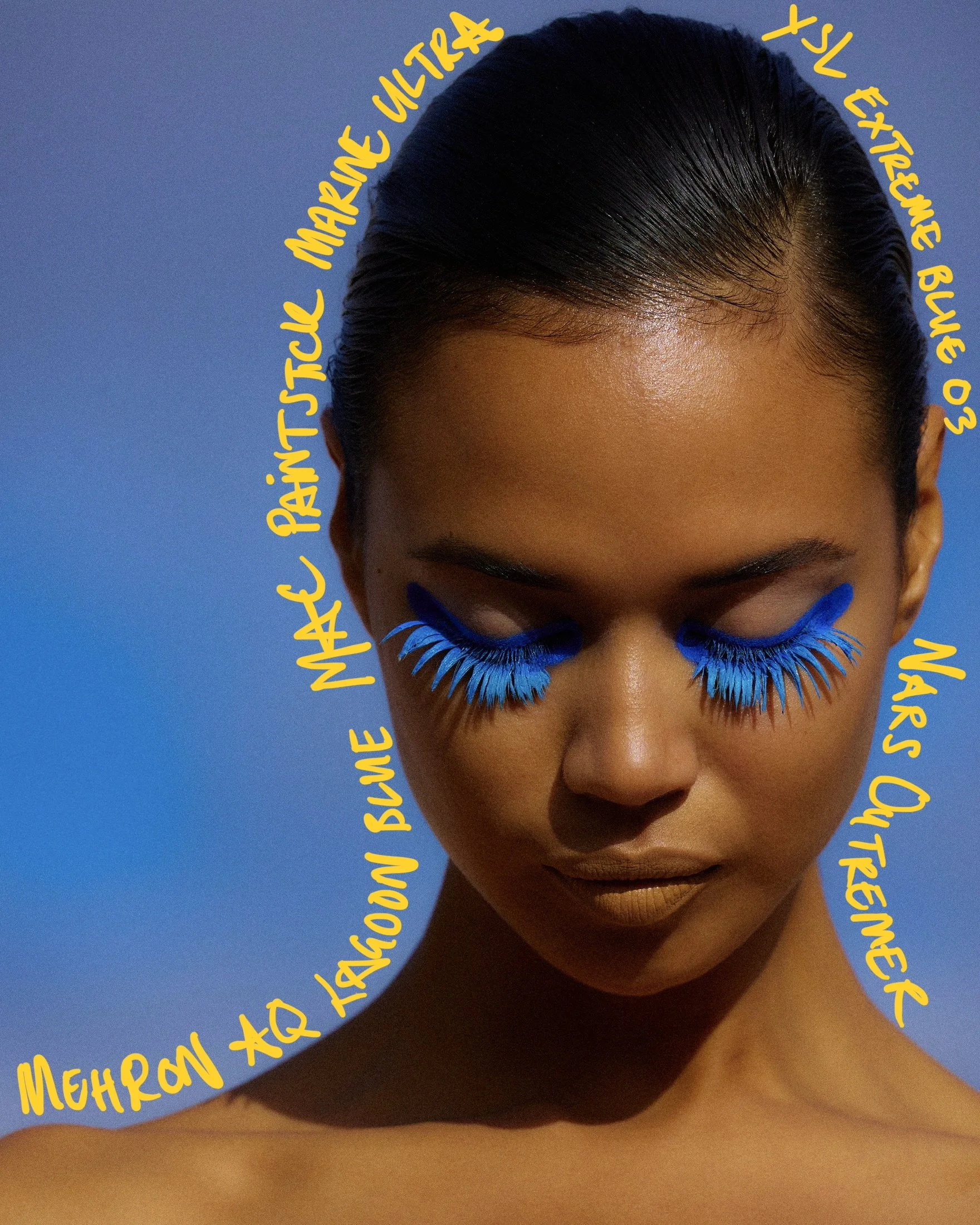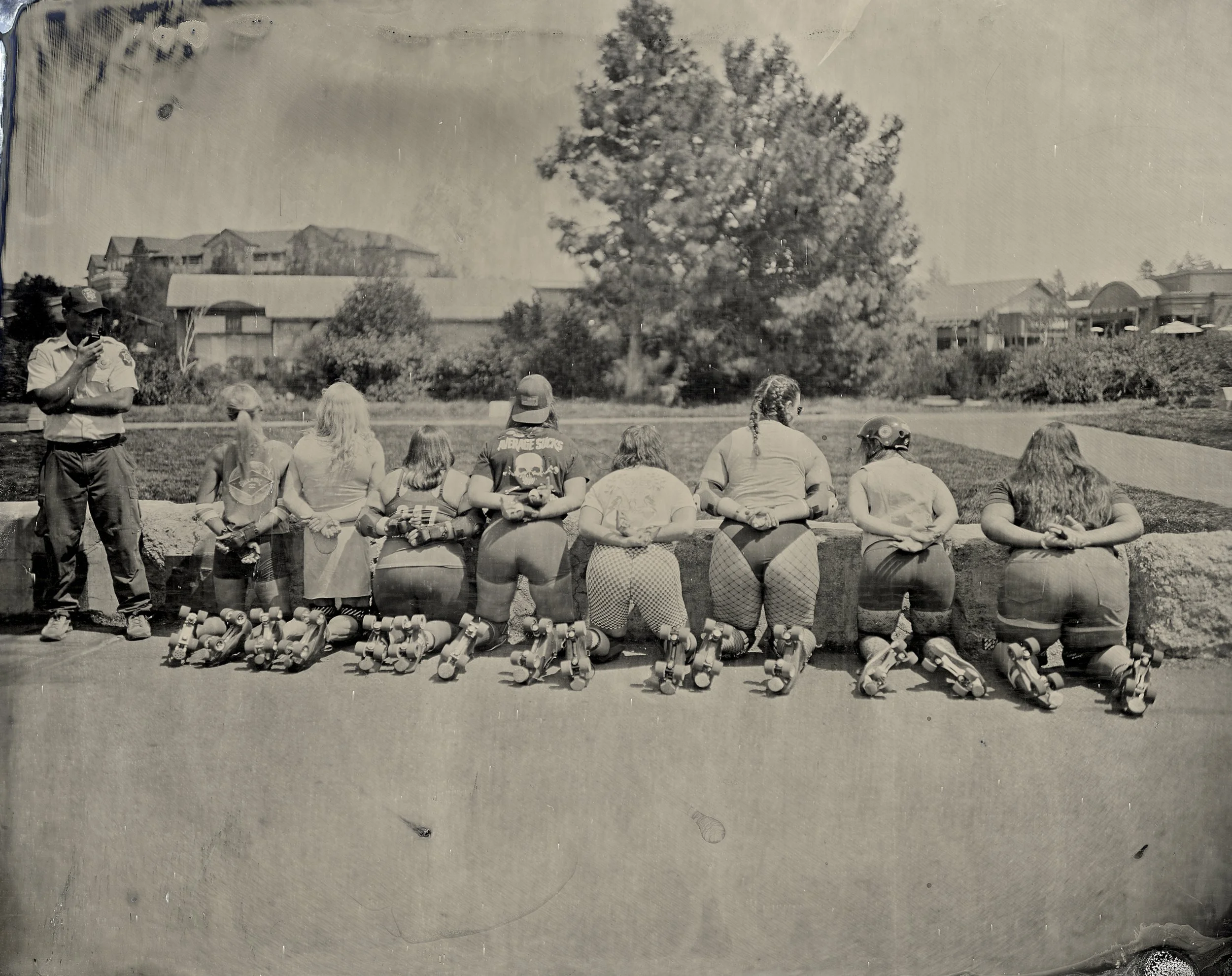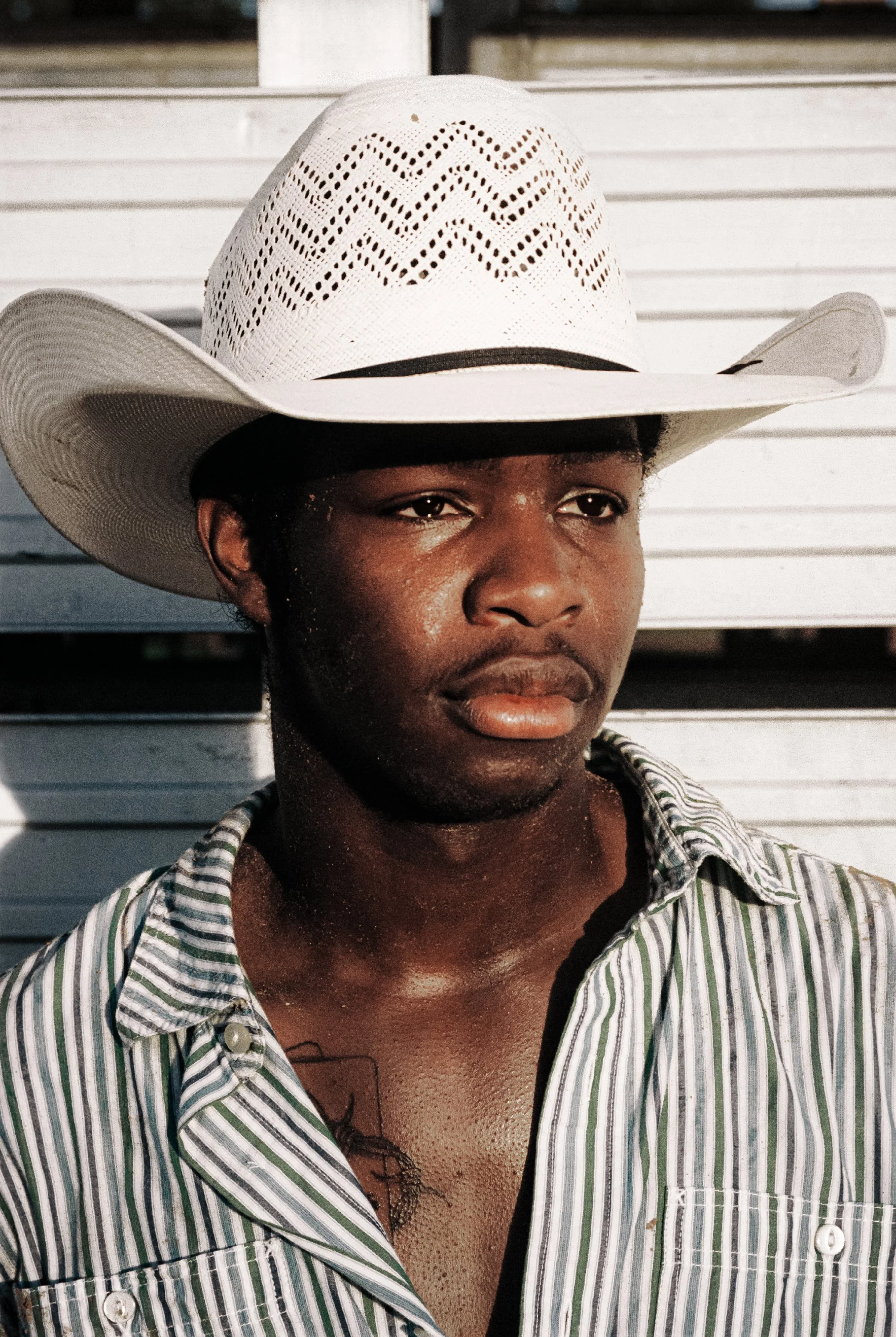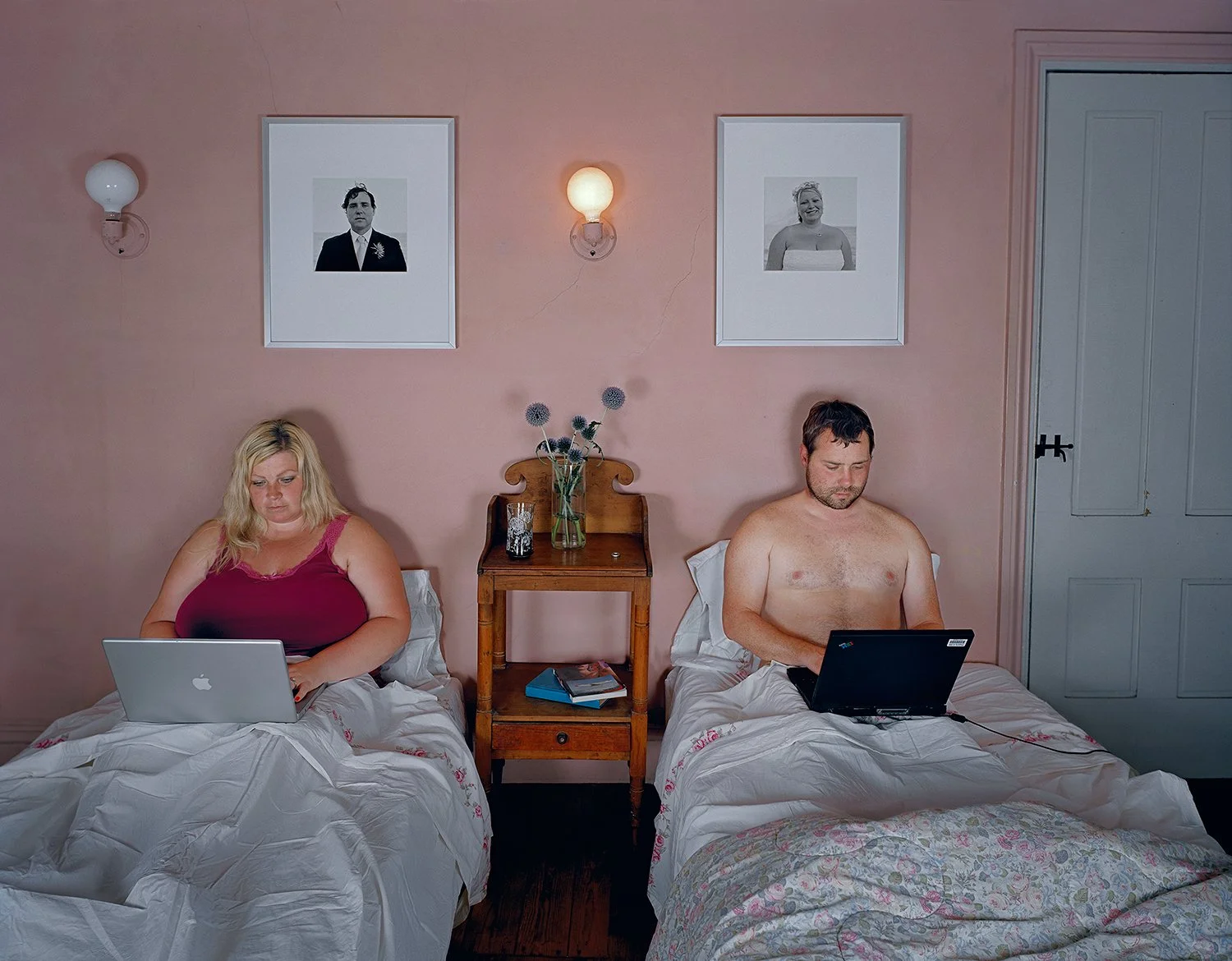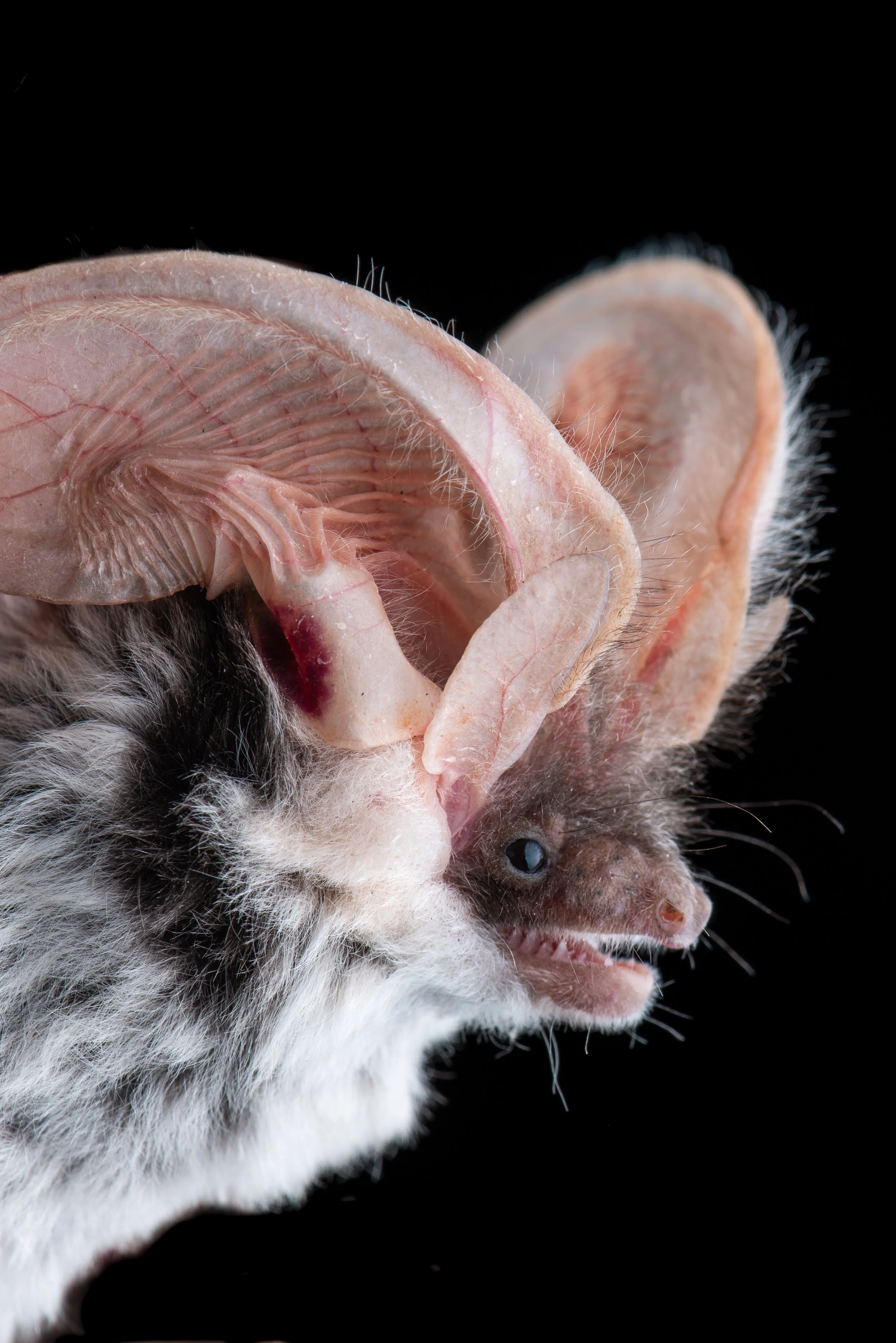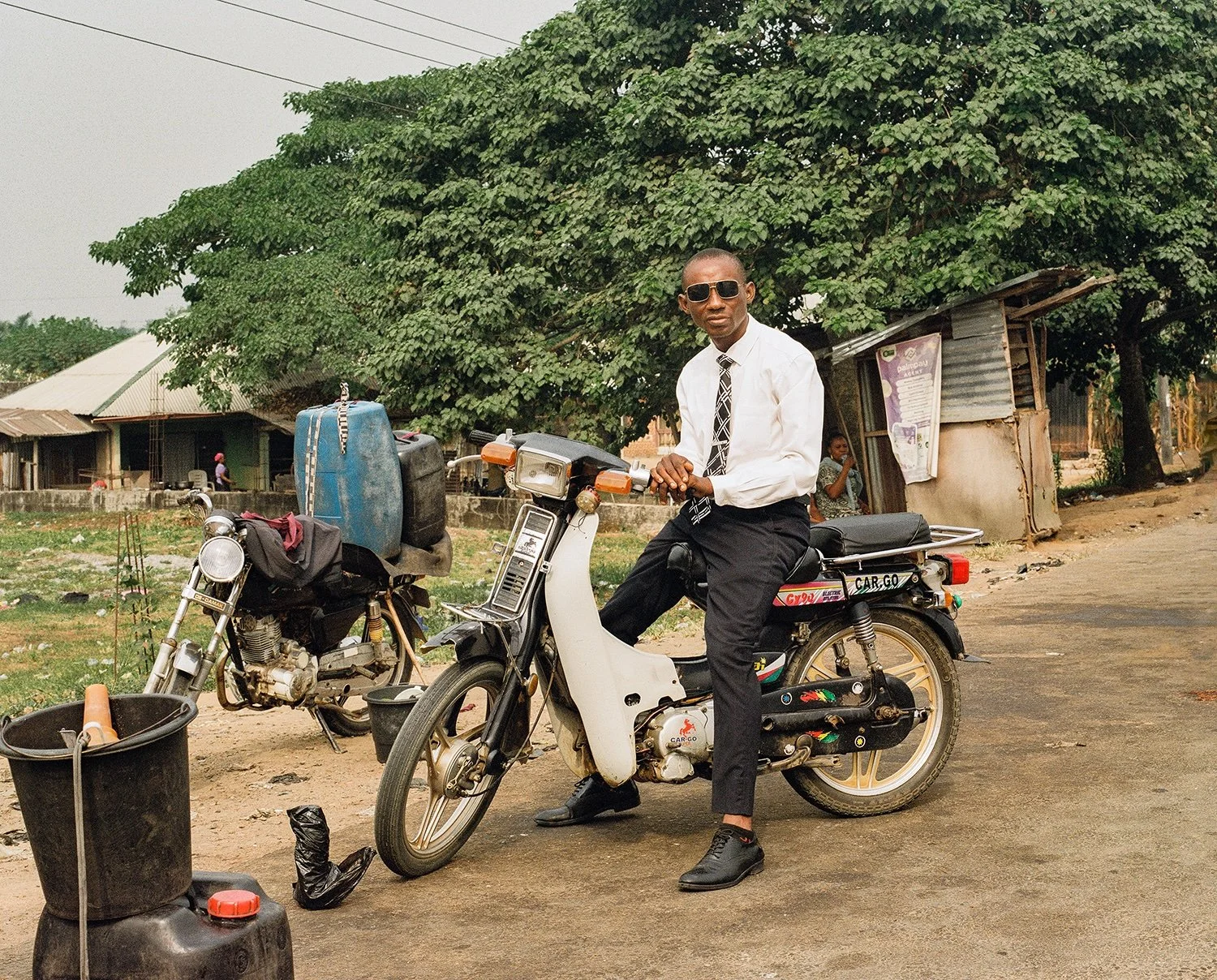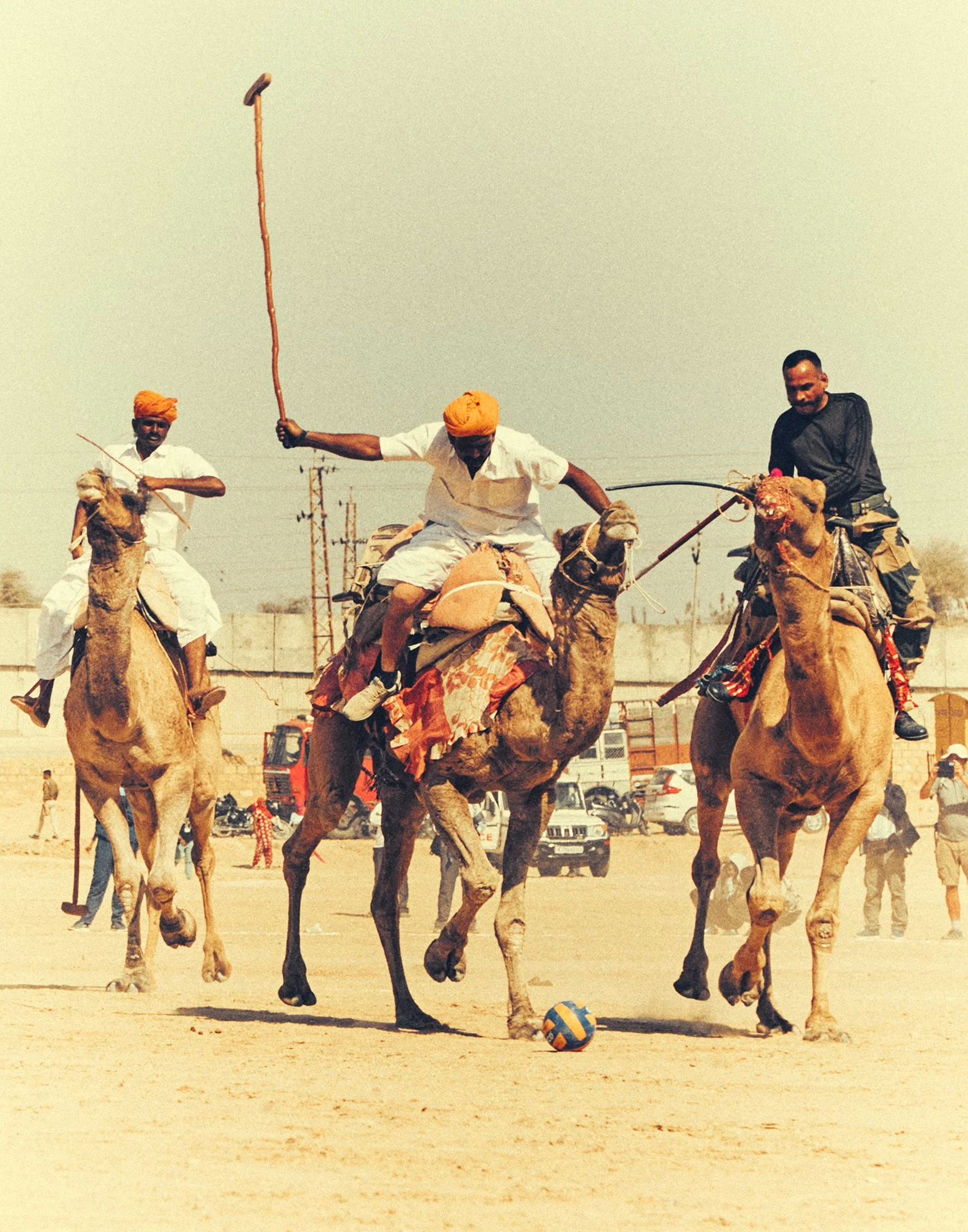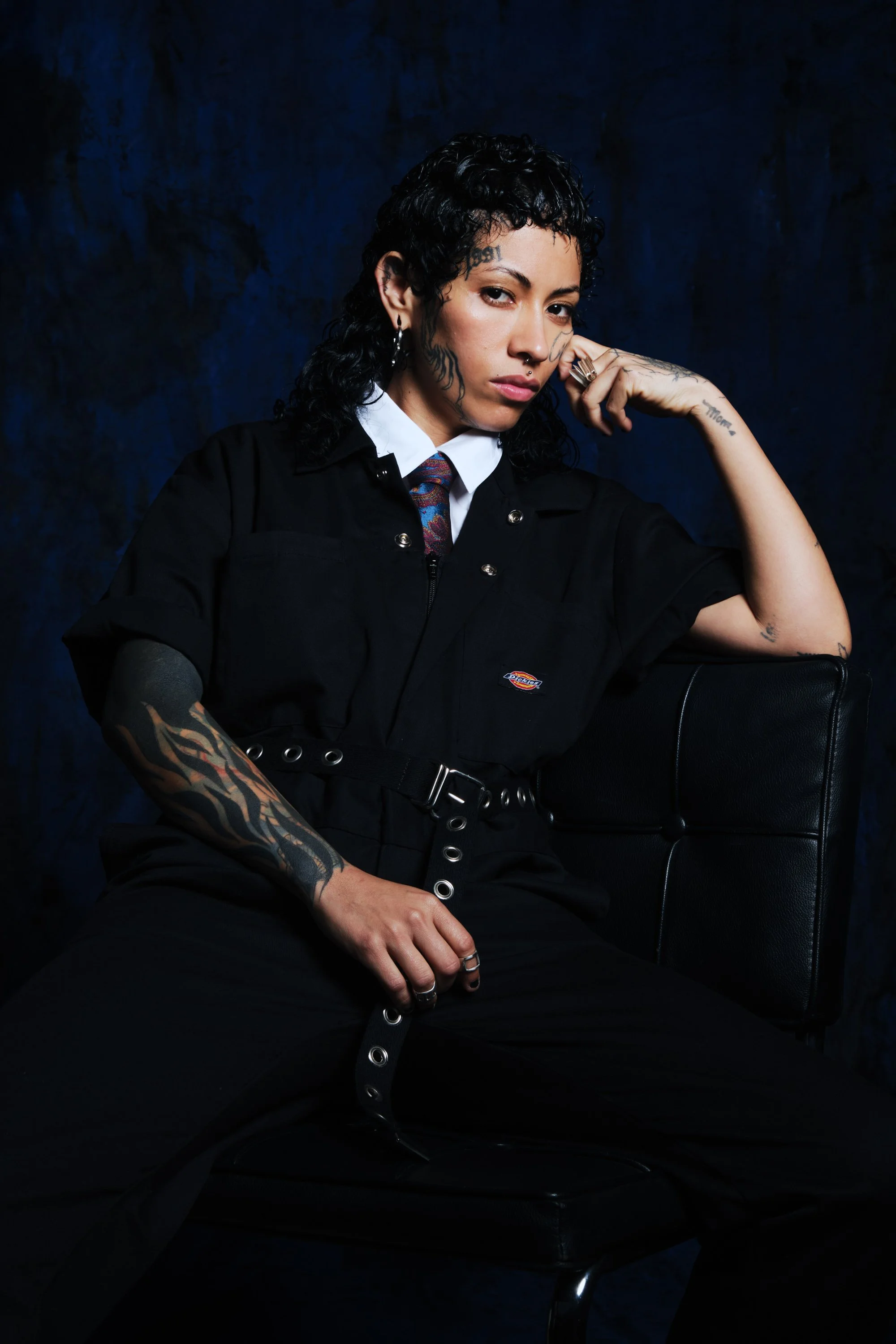Soumoud In Dark Times
In Soumoud In Dark Times, Palestinian artist Rehab Nazzal documents life under siege in the West Bank during Israel’s intensified occupation from October 2023 to November 2024. Through 41 poignant images, she captures devastation, resilience, and the visual truth of a people resisting erasure during what many have called a live-streamed genocide.
Photography Rehab NazzalWhile global attention fixates on Gaza, Rehab Nazzal’s Soumoud reveals the concurrent, largely overlooked escalation of military and settler violence in the West Bank. Comprising 41 photographs taken between October 2023 and November 2024, the project documents drone strikes, mass arrests, home demolitions, and the collapse of daily life across Palestinian cities, villages, and refugee camps. Nazzal’s images expose the brutality of occupation and the human cost of Israel’s apartheid and settler-colonial violence while also preserving moments of resistance, dignity, and Palestinian sumud (steadfastness).
As too many are killed, thousands injured, and communities displaced, Nazzal's work counters Western media erasure and the sanitising language that conceals genocide and domocide, the targeted destruction of homes. Her photographs serve not only as evidence, but as acts of defiance, mourning, and testimony. They raise urgent questions about visual representation, complicity, and the limits of language in describing atrocity. Soumoud Amidst Darkness insists we look, remember, and refuse indifference.
“In dark times such as these, documentary photography becomes an act of resistance.”
“What does ‘Never Again’ mean when it is selectively applied?”
Soumoud in Dark Times by Rehab Nazzal.
Soumoud in Dark Times is a powerful photographic book by Palestinian visual artist Rehab Nazzal, featuring 41 color photographs taken across the West Bank between October 2023 and November 2024. The work documents the extension of violence and systemic oppression beyond Gaza into the occupied West Bank revealing military aggression, displacement, and cultural erasure, while also honouring Palestinian resilience.
The book offers a counter-narrative to Western media and becomes an essential visual testimony of what Nazzal calls “the first live-streamed genocide,” asserting photography as both witness and resistance.
Find the book here
About Nazzal
Rehab Nazzal is a Palestinian-born multidisciplinary artist, activist and educator currently based in Bethlehem, Palestine and Montreal, Canada.Her work examines the effects of settler colonialism on people and on land and non-human life.
Nazzal blends experimental, conceptual, and documentary strategies in her film, photography, sound, and installation works. Her process relies heavily on field research, critical thinking, and collaboration with communities. Nazzal’s community organizing work includes collaboration with various art collectives, activist groups and galleries inToronto, London, ON, Vancouver, Bethlehem, and Ottawa.
She is currently teaching at Dar al-Kalima University in Bethlehem, Palestine. Nazzal has taught at Simon Fraser University, Western University, and Ottawa School of Art. She holds a PhD in Art and Visual Culture from the University of Western Ontario, an MFA from Toronto Metropolitain University, a BFA from the University of Ottawa and a BA (Economics) from Damascus University.
Nazzal’s work has been exhibited and screened in Palestine, Canada and internationally, including at SAW Centre, Ottawa; Montréal, arts interculturels; Galerie Leonard&Bina EllenArtGallery, Montreal; The Belkin Gallery, Vancouver; the Prefix Instituteof Contemporary Art, Toronto; CONTACT Photography Festival, Toronto; Karsh-Masson Gallery, Ottawa; The Spanish Institute of Art; the 22nd Sydney Biennale, Australia; San Francisco Museum of Modern Art; Khalil Sakakini Cultural Centre, Ramallah, Palestine;Foresight Gallery, Amman, Jordan.
She is the recipient of the Social Justice Award from Ryerson University, the Edmund and Isobel Ryan Visual Arts Award in Photography from the University of Ottawa ؛Social Sciences and Humanities Research Council doctoral award, Concordia University Horizon Postdoctoral Fellowship in Studio Art; Prix Iris for Best Short Documentary at the 26th Quebec Cinema Awards Award for best Short Film at the 68th BFI London Film Festival; The Young Jury Award, 46e Festival International du Cinéma Méditerranéen de Montpellier among others.
To see more of her work follow her on Instagram
